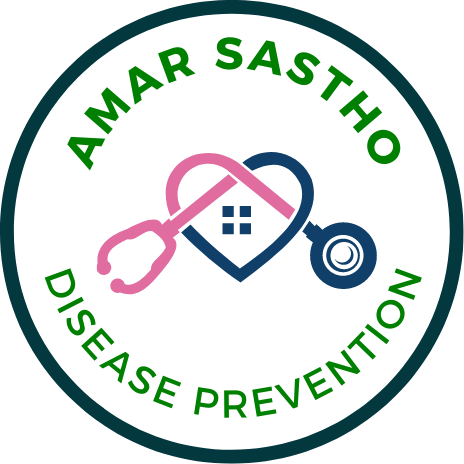It is obvious that we cannot stop being older and change our genetic factor but we can change our lifestyle to prevent this disease.
Exercise:
Exercise is very important for any kind of mental illness including Alzheimer’s. According to the Alzheimer’s Research & Prevention Foundation, regular physical exercise can reduce your risk of developing Alzheimer’s disease by up to 50 percent.
Social engagement:
Human beings are highly social creatures. Staying socially involved may even protect against Alzheimer’s disease and dementia in later life, so make developing and maintaining a strong network of friends a priority.
Proper sleeping:
There are a number of relations between poor sleeping and the development of Alzheimer’s and dementia. Some studies have emphasized the importance of quality sleep for flushing out toxins in the brain. So, proper and in time sleeping is very important.
Stress management:
Being stress free is very important to reduce the risk of Alzheimer’s disease. Always try to be happy, laugh enough, do what makes you happy and give your mind peace.
Healthy Diet:
Studies show that diet and lifestyle changes may help to reduce the risk factors of getting Alzheimer’s disease. Foods that contain fiber, anti-oxidant properties, omega-3 fatty acid, essential minerals, vitamins, whole grains can prevent Alzheimer’s. We should try to eat low carbs food and try to avoid sugar.
Several studies show that eating a Mediterranean diet intensely reduces the risk of Alzheimer’s disease. That means plenty of vegetables, beans, whole grains, fish and olive oil, etc. may help in reducing this mental illness. Food sources include cold-water fish such as salmon, tuna, trout, mackerel, seaweed, and sardines is very good for mental health. You can also supplement with fish oil.
Eat up across the color spectrum to maximize protective antioxidants and vitamins, including green leafy vegetables, berries, and cruciferous vegetables such as broccoli.
Regular consumption of few foods like Chia Seed, Gooseberries/Amalaki, Chives, Red beetroot, Olive /olive oil, Mushroom, Almonds, Centella Asiatica/ Thankuni, Ashwagandha, Broccoli, Sunflower Seed, Cauliflower, etc. can reduce the risk of Alzheimer’s disease.

